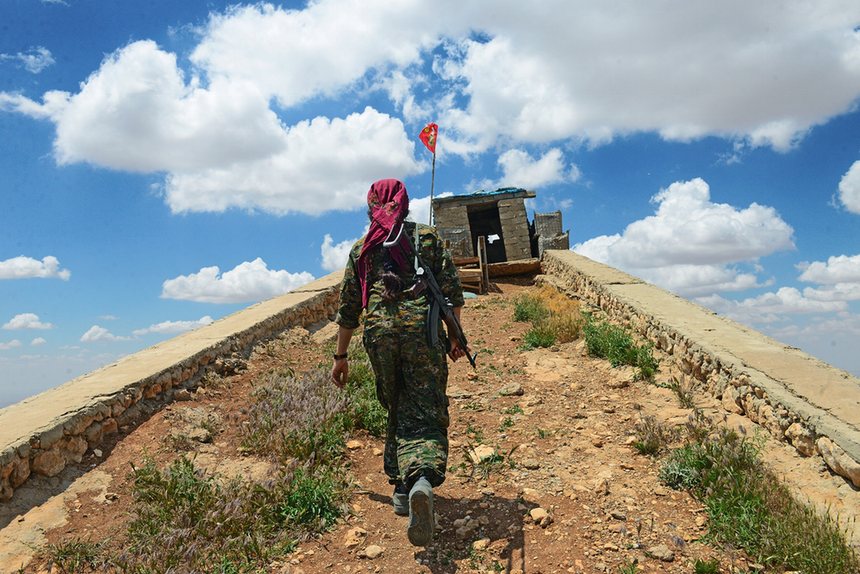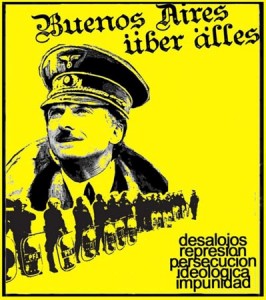Since the day after Hurricane Matthew, we have been scrambling to respond to many pleas for help, mostly from friends.
One of those pleas has been a pretty continuous call from Fr David Fontaine, a brother priest who was begging for help for three cut-off and isolated areas: D’Asile, Grand Boucan and Baraderes.


